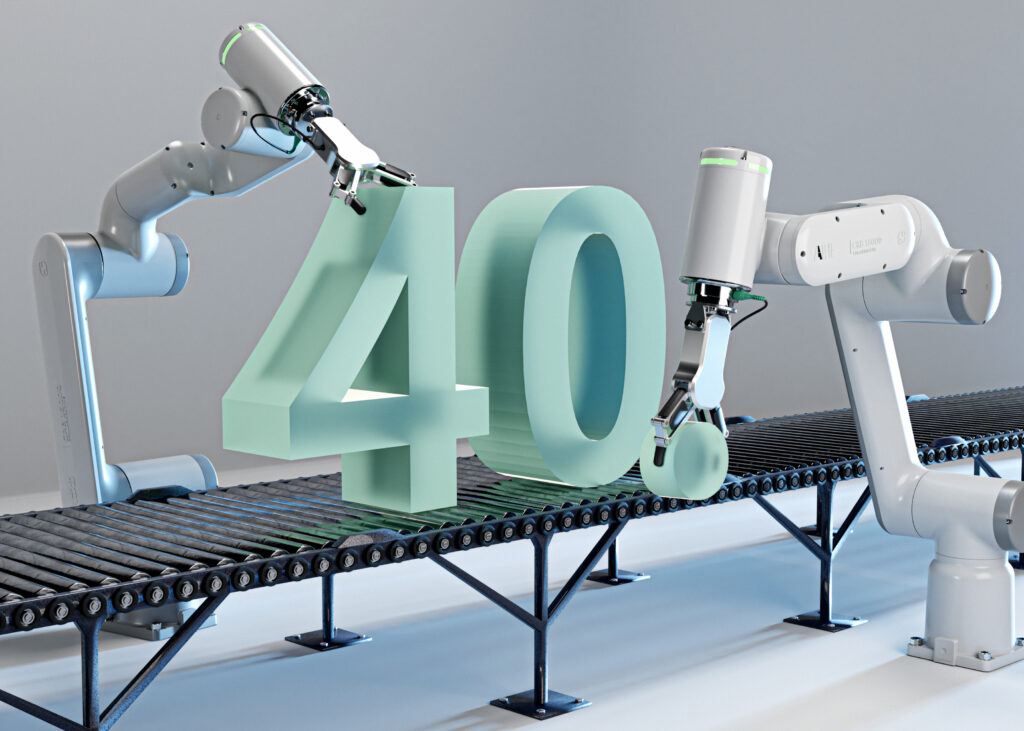Lean Manufacturing and Smart Manufacturing are two different approaches to improving and optimizing manufacturing processes, each with its own distinct focus and technologies. Let’s explore their differences:
Lean Manufacturing:
The concept behind lean manufacturing is to eliminate waste in all forms, including overproduction, waiting time, transportation, processing, excess inventory, unnecessary motion, defects, and talent. Lean manufacturing aims to optimize the production process by streamlining the value chain and improving the flow of goods and services. Lean manufacturing has proven to be highly effective in reducing costs, improving quality, and increasing productivity. It originated from the Toyota Production System and has been widely adopted by various industries.
Key principles of Lean Manufacturing include:
Value Stream Mapping: Analyzing the entire production process to identify and eliminate non-value-added steps and reduce waste.
Just-In-Time (JIT): Producing and delivering products in the exact quantity and at the right time to meet customer demand, thus reducing inventory and carrying costs.
Kaizen: Encouraging continuous improvement and involving all employees in suggesting and implementing small incremental changes.
Jidoka: Detection, Stoppage, Response, and Prevention. Building in quality at every stage of the manufacturing process to detect and address defects promptly.
Heijunka: Leveling production schedules to avoid fluctuations and maintain a smooth workflow.
The primary goal of Lean Manufacturing is to deliver high-quality products to customers while minimizing resources, time, and costs. Lean Manufacturing typically focuses on process optimization, waste reduction, and improving overall production efficiency using well-established methodologies and tools.
Smart Manufacturing:
Smart manufacturing also known as Industry 4.0 leverages advanced technologies, such as IoT, artificial intelligence (AI), machine learning (ML), big data, and cloud computing, to create a fully integrated and automated manufacturing process. The aim is to create a more interconnected, flexible, and data-driven manufacturing environment. Smart Manufacturing leverages technologies like big data analytics, artificial intelligence (AI), Internet of Things (IoT), cloud computing, and cyber-physical systems.
Key characteristics of Smart Manufacturing include:
Connectivity: Machines, equipment, and systems are interconnected, enabling real-time data exchange and communication between various components of the manufacturing process.
Data Analytics: Collecting and analyzing vast amounts of data from sensors and devices to gain valuable insights, optimize processes, and make data-driven decisions.
Automation: Smart Manufacturing often involves the use of robotics and autonomous systems to perform tasks more efficiently and accurately.
Predictive Maintenance: Using data analytics and AI to anticipate equipment failures and schedule maintenance proactively, reducing downtime and preventing unplanned disruptions.
Customization and Flexibility: Smart Manufacturing allows for more personalized and on-demand production to meet individual customer needs.
While Lean Manufacturing focuses on process improvement and waste reduction, Smart Manufacturing emphasizes the integration of advanced technologies to create a more intelligent, data-centric, and adaptable manufacturing ecosystem. It’s worth noting that Smart Manufacturing can complement Lean principles by providing real-time data and insights, enabling even more efficient decision-making and continuous improvement efforts. Combining the strengths of both approaches can lead to highly optimized and agile manufacturing processes.

